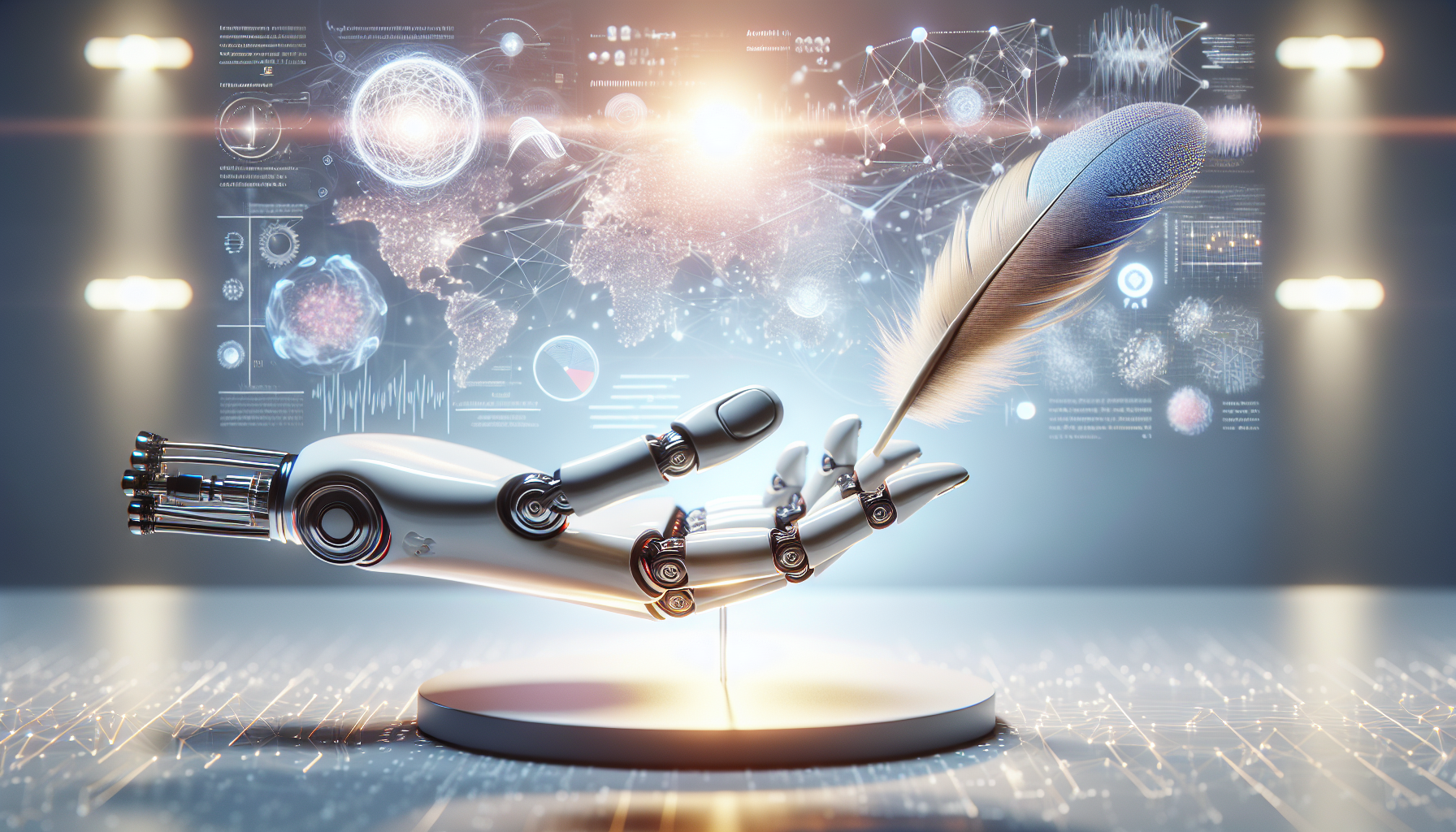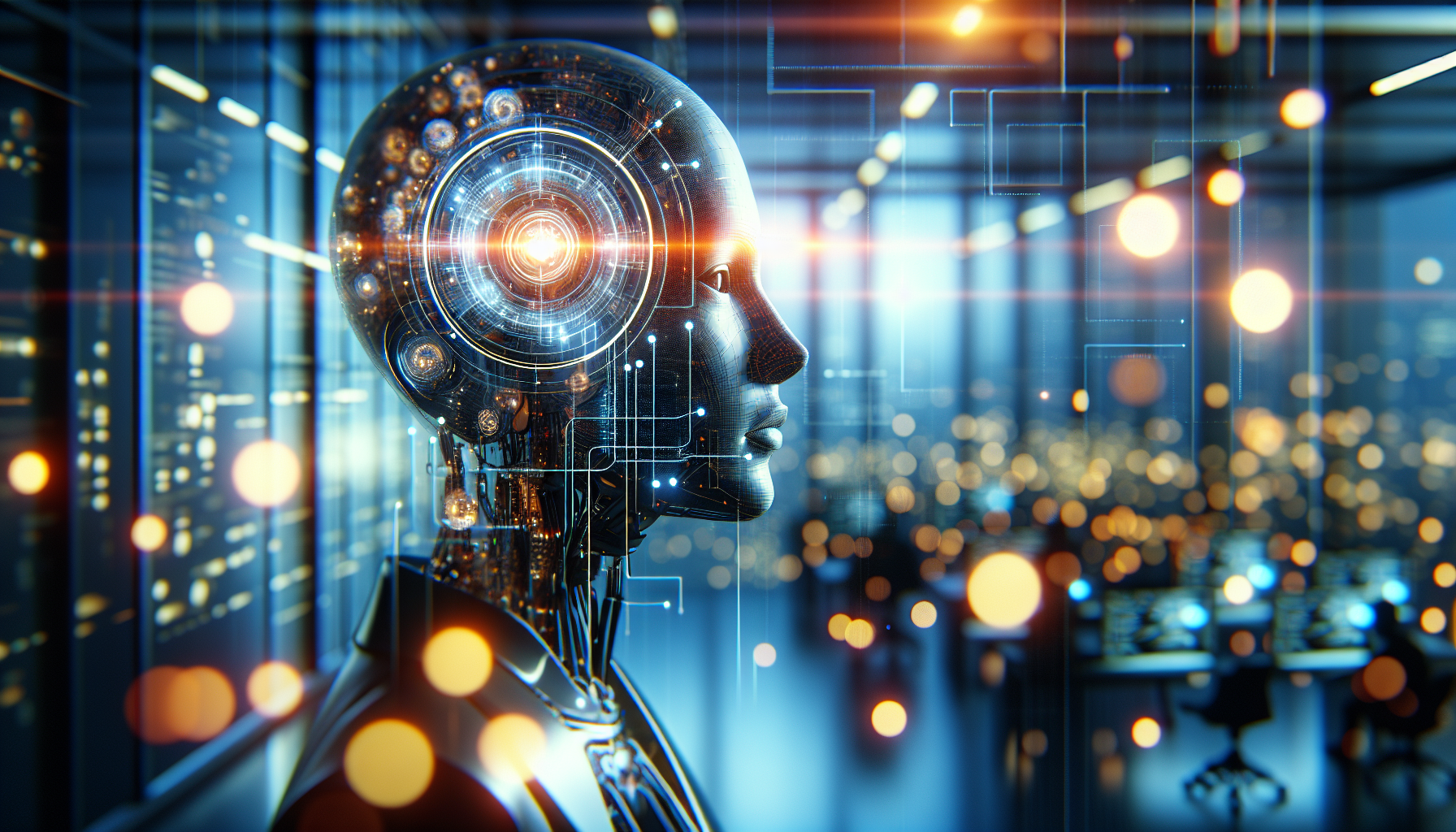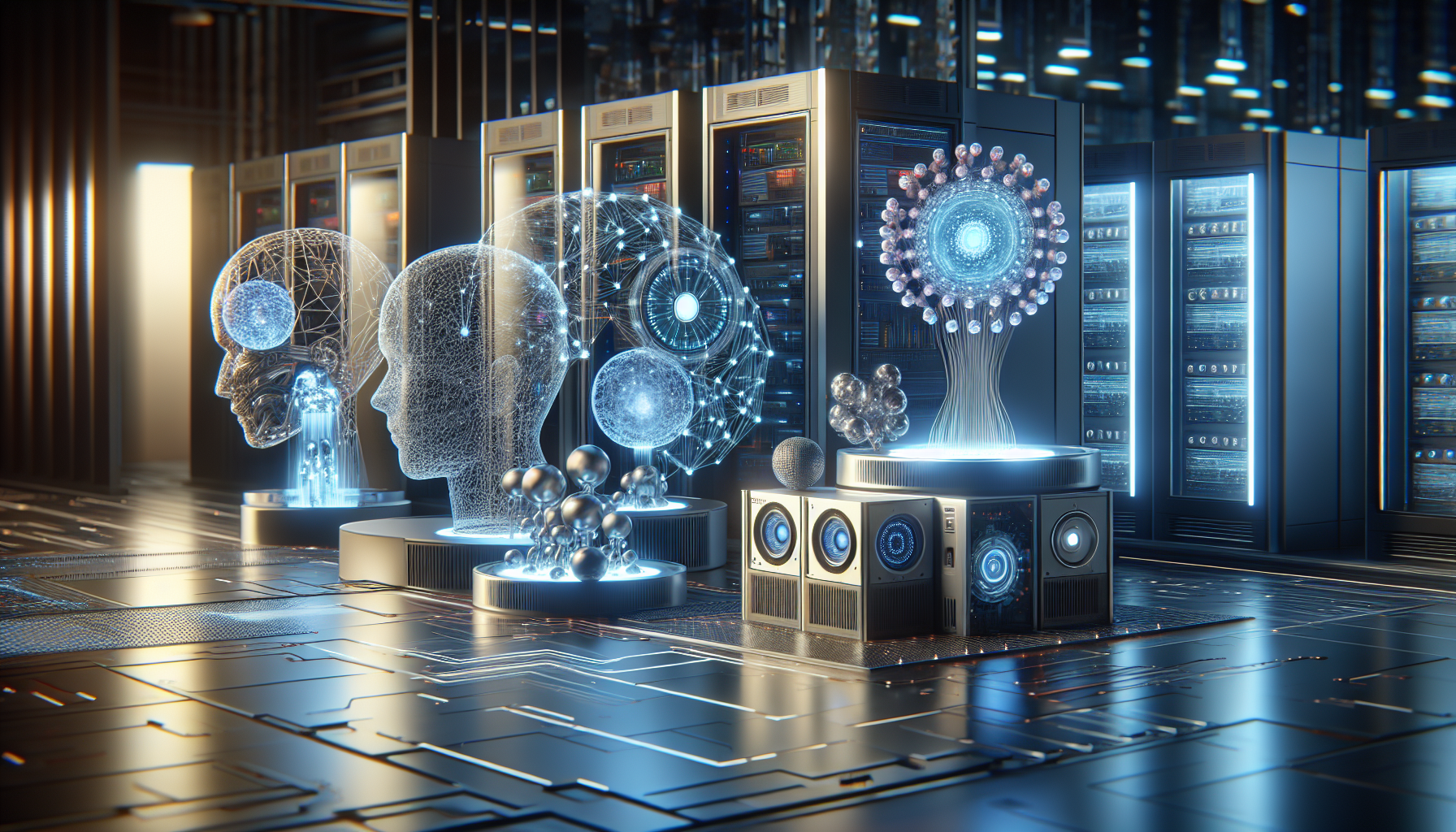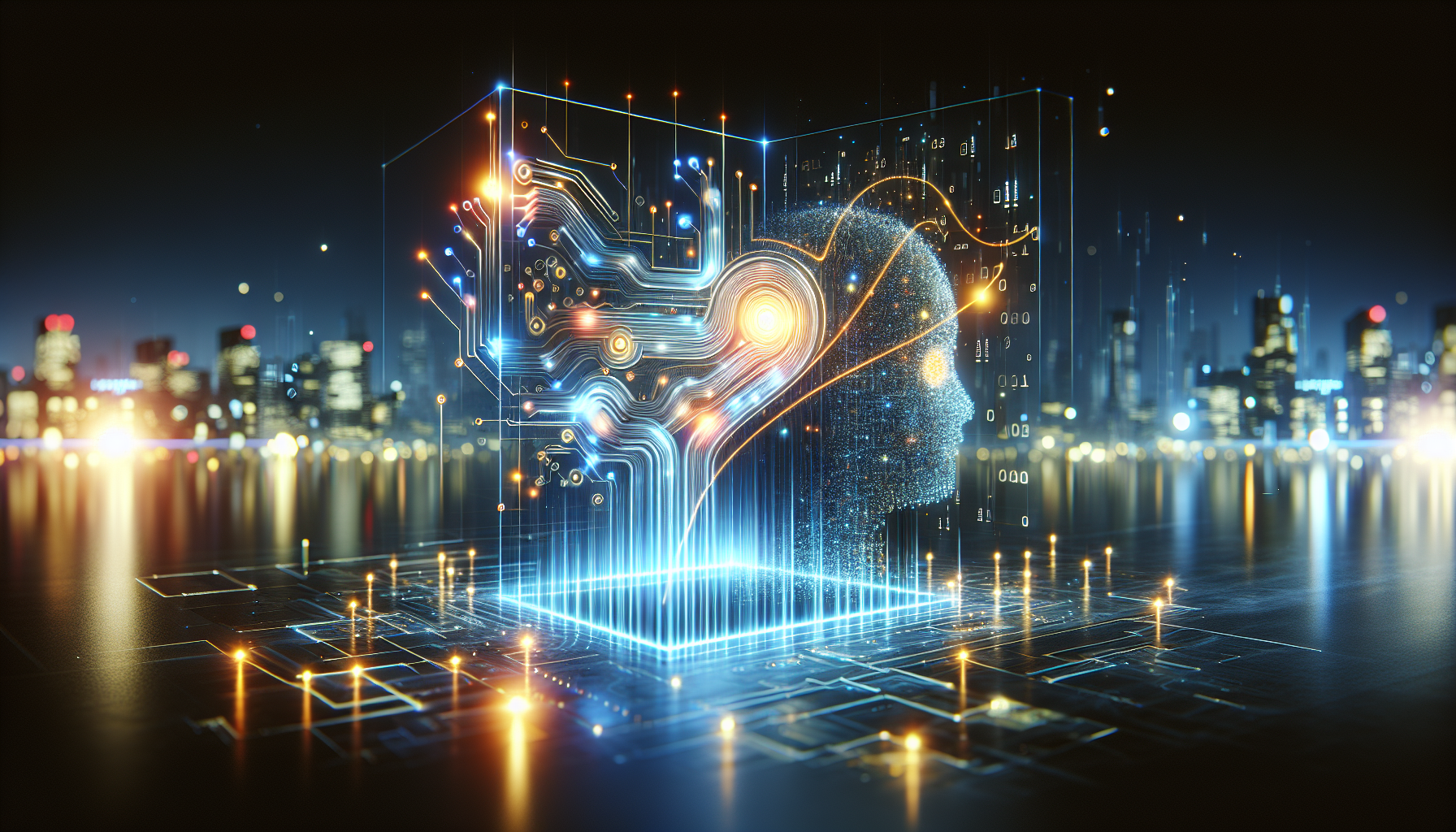
The Evolution of Artificial Intelligence: Bridging the Gap Between Imagination and Reality
August 11, 2025
Artificial intelligence has transitioned from the pages of science fiction to becoming a cornerstone of our daily lives. It's not just technology enthusiasts who marvel at AI's capabilities; its influence permeates all levels of society. So, why is it that many still perceive AI as a distant, futuristic concept rather than a tangible, transformative force? We must acknowledge the journey of artificial intelligence from a mere intellectual dream to its current status as a catalyst for innovation and change.
Imagine a world where machines can think, learn, and adapt autonomously. This was once the realm of speculative fiction, yet today, it is a reality that is shaping industries, redefining work, and challenging ethical boundaries. The evolution of AI is not just a tale of technological advancement; it is a narrative of human ambition and ingenuity. The very foundation of AI was built on the desire to replicate and enhance human cognitive abilities—a quest that was initially met with skepticism and intrigue.
In its early conceptualization, AI was a theoretical exercise, a fascination for mathematicians and computer scientists who dared to envision machines that could simulate human reasoning. The initial strides were modest, limited by the computational power of the era. However, these humble beginnings laid the groundwork for what would become a revolution in computing and data processing.
The leap from concept to reality was propelled by breakthroughs in machine learning, neural networks, and, crucially, the availability of vast amounts of data. These advancements enabled AI to move beyond programmed logic into the realm of learning from experience. This ability to learn and adapt has been pivotal in AI's transformation from a niche academic pursuit to a tool with profound real-world applications.
Critics often voice concerns about AI's potential to disrupt labor markets, exacerbate inequality, and infringe on privacy. These issues are undeniably important and merit rigorous debate. However, focusing solely on these risks overlooks the myriad ways AI is enhancing human capabilities and addressing societal challenges. From revolutionizing healthcare with predictive analytics to optimizing supply chains for sustainability, AI is a powerful ally in tackling problems that were once insurmountable.
Consider the realm of personalized medicine, where AI algorithms analyze patient data to predict disease progression and customize treatments. This not only improves patient outcomes but also reduces the strain on healthcare systems. In agriculture, AI-driven technologies are enabling precision farming, which increases crop yields while minimizing environmental impact. These examples demonstrate that AI is not an isolated technology but an integrated part of an ecosystem that promotes progress and innovation.
The ethical considerations surrounding AI are complex, yet they should not overshadow its potential benefits. As we navigate the challenges of AI ethics, transparency and accountability must be at the forefront. It is imperative that we develop frameworks to ensure AI systems are fair, unbiased, and aligned with societal values. Rather than stifle innovation with fear, we should encourage responsible development and deployment of AI technologies.
Education and public awareness are crucial in demystifying AI and fostering a culture of informed engagement. By understanding the fundamentals of AI, individuals can better appreciate its capabilities and limitations. This knowledge empowers people to make informed decisions, whether as consumers, policymakers, or creators. Furthermore, it helps dispel myths and misconceptions that often cloud public perception of AI.
As AI continues to evolve, it challenges us to rethink what it means to be human and how we interact with technology. This introspection is not merely academic; it has profound implications for our personal and professional lives. The onus is on us to harness AI's potential responsibly, ensuring it serves as a force for good in society.
In contemplating the future of artificial intelligence, we must ask ourselves: How can we balance innovation with ethical responsibility? Can we envision a world where AI augments human potential without compromising our values? These questions are not merely rhetorical; they are calls to action, inviting us to engage with the evolution of AI with curiosity, caution, and optimism.
Artificial intelligence is no longer just a concept; it is a reality that demands our attention and action. By embracing its potential and addressing its challenges, we can forge a future where AI not only coexists with humanity but elevates our collective experience.


